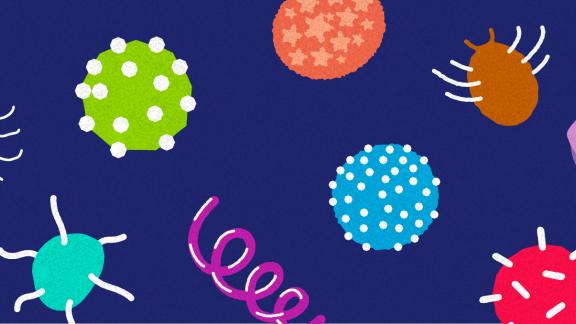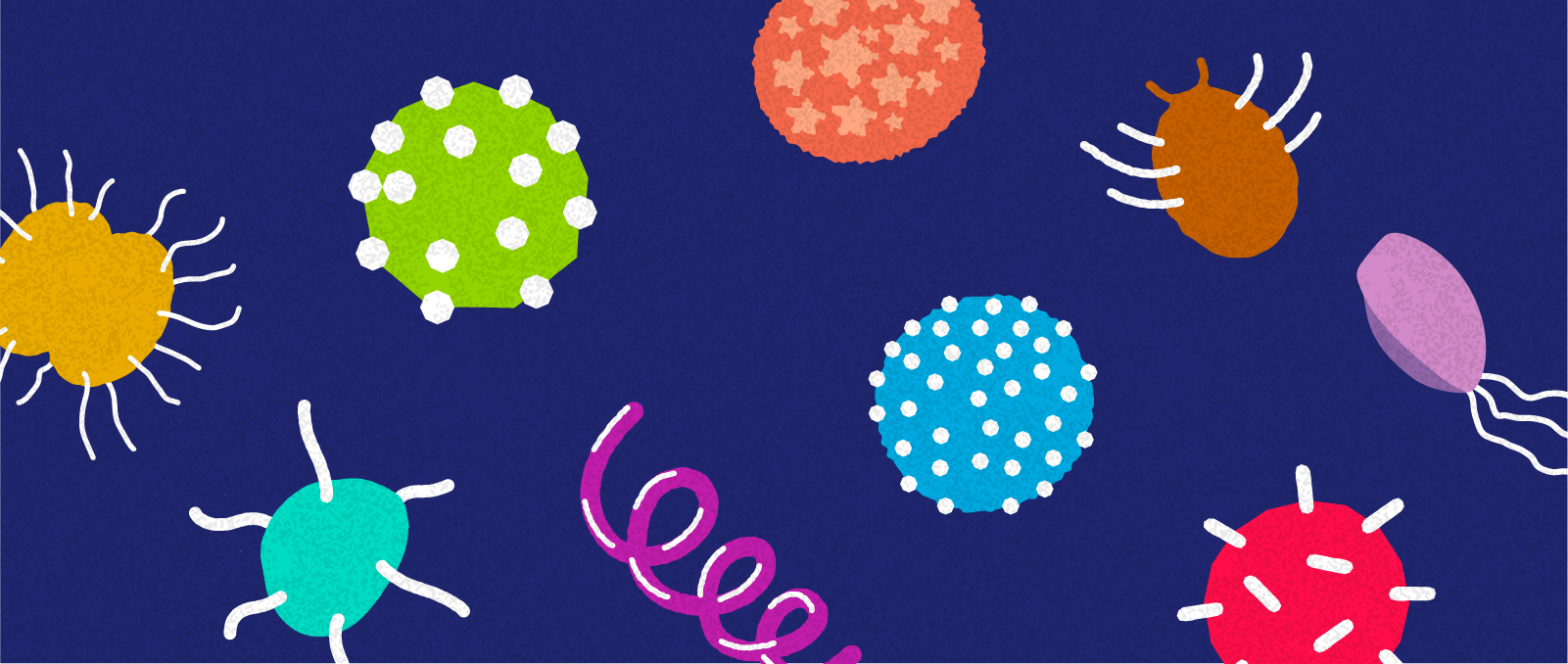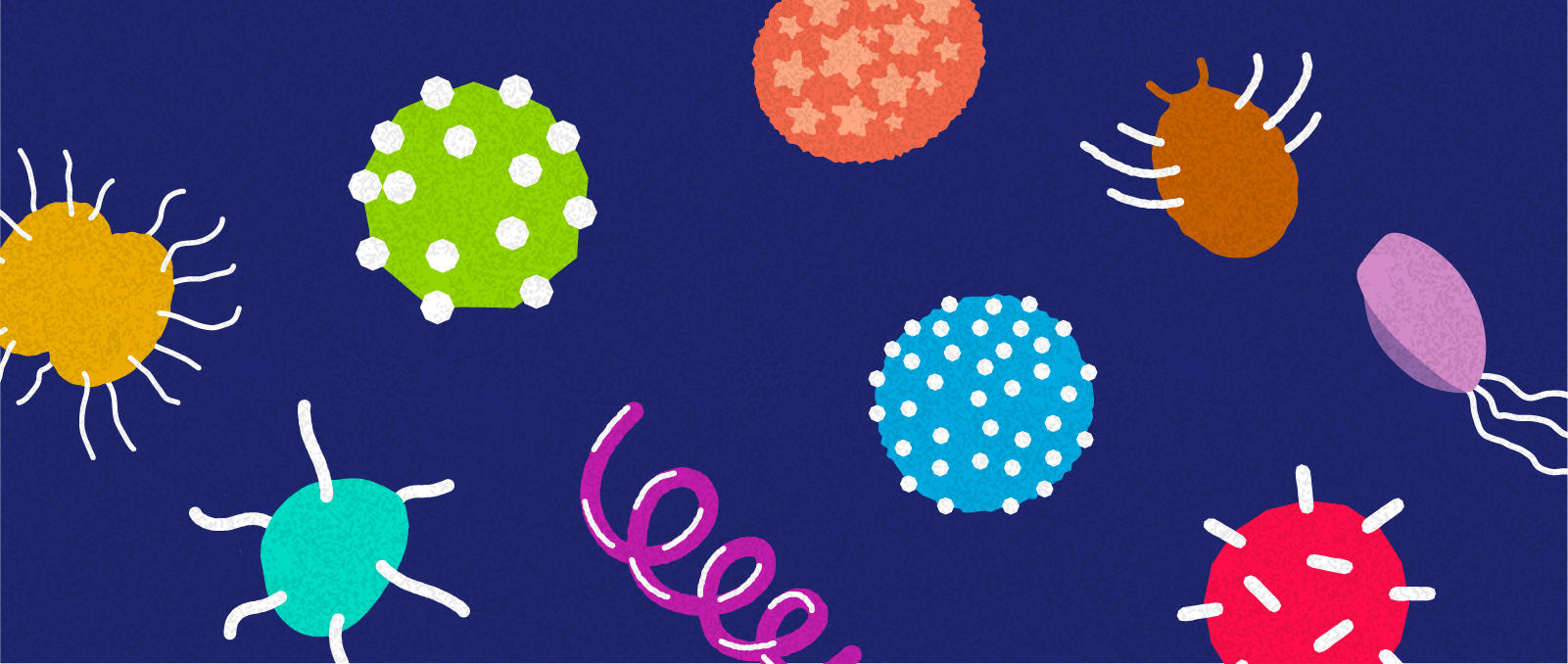Genital warts are caused by the human papillomavirus (HPV) and are small growths or bumps that appear on or around the genital or anal area.
There are over 100 different types of HPV which can affect different parts of the body. About 30 different types of HPV can affect the genital skin, but 90% of genital warts are caused by two types of the virus – types 6 and 11.
The most common way for HPV to be passed on is through skin-to-skin contact with someone who has the virus. Genital warts can be passed on even if they are not visible. Most commonly, this is through sexual activity, such as vaginal, anal and oral sex, non-penetrative genital-to-genital contact, and sharing sex toys.
HPV is not passed on by casual contact such as kissing or hugging.
Symptoms
Genital warts are normally painless but, in some people, they can be itchy and become inflamed, which may cause a little bleeding. They can either appear on their own or in clusters. The most common places for them to appear are:
- Around the opening of the vagina (vulva)
- Around the cervix (the neck of the womb)
- Inside the vagina
- Around or inside the anus
- On the upper thighs
- Anywhere on the penis
- On the scrotum
- Inside the urethra (where urine comes out) in people with a penis
Testing
If you suspect you or a sexual partner have genital warts, see your healthcare provider for a medical examination. Testing is usually not required for genital warts, but it is easy for a healthcare provider to diagnose by examining the area. In some cases, they may need to perform a more detailed examination in order to see if there are warts inside the vagina or anus.
Treatment
If you have visible genital warts, the two main types of treatment are:
- applying cream or lotion to the warts
- destroying the tissue of the warts by freezing, heating or removing them
Unfortunately, wart creams that are available over the counter will not be effective as because they are designed to only treat warts on the hands or verrucas.
The type of treatment you are offered depends on the warts. You should tell the healthcare provider if you are pregnant or if there is a risk of pregnancy as this may affect the type of treatment they are offered.
For some people it can take months for the treatment to work and for the warts to disappear.
It is recommended that you avoid having sex until your genital warts have fully healed. Not only will this help to ensure you don’t pass it on to others, but it may also help you recover more quickly.
Over time, genital warts will go away without treatment but if left untreated, they may also grow larger or multiply. They are rarely harmful to your health, but genital warts can be unpleasant and may cause discomfort.
Prevention
When used correctly and consistently, condoms can help protect you from HPV but may still be passed on by the surrounding genital areas coming into contact with the virus.
The HPV vaccine can protect against genital warts and types of HPV that can cause cancer, so it is worth checking if you are eligible to receive this.
Learn more about different types of STIs and their symptoms, treatment, and prevention
when
Subject
HIV and STIs










